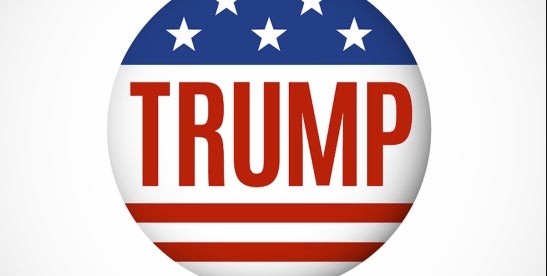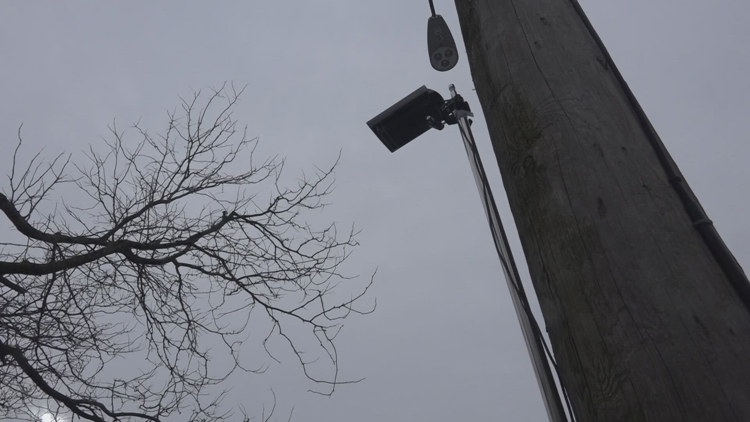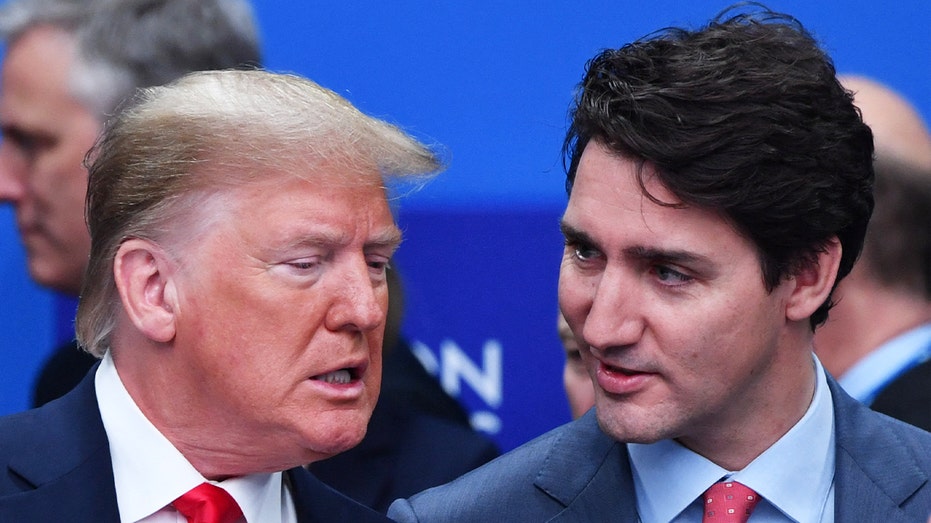
As we have noted in recent days[1], upon returning to the Oval Office, the Trump Administration swiftly: Sent the message that it will pursue an agenda of aggressive enforcement related to immigration and preventing undocumented workers from working in the U.S.; Ordered federal employees to return to working physically from offices and froze all hiring for civilian employees, suggesting planned stripping of resources for federal agencies and other federal bodies (including those tasked with enforcing Equal Employment Opportunity-related rights (EEO)); Overturned a host of “harmful” executive orders passed during the Biden Administration, including executive orders seeking to protect workers against sexual orientation and gender identity or expression discrimination and to promote greater workplace safety requirements; Overturned Executive Order 11246 and related amendments , ending a variety of federal policies and related requirements for federal government contractors that had been in place since the Lyndon Johnson Administration and now affirmatively prohibiting them from considering protected characteristics as part of employment decisions; and Struck executive orders and presidential memoranda relating to equal employment opportunity, diversity, and inclusion efforts applicable to the federal government as an employer.
Notwithstanding the policies and potential future actions they portend, other than with respect to immigration enforcement, none of the foregoing changes summarized above apply to private employers that do not contract with the federal government — and with good reason. A presidential administration cannot on its own rewrite the equal employment opportunity statutory scheme woven through the federal fabric by laws like Title VII, the Americans with Disabilities Act, and the like. Changes to the basic scope of those laws can only come through legislative action (subject to presidential veto) and subsequent court interpretation.

But this certainly is not to say that the new administration is powerless to pursue the same policy bend portended by the changes mentioned above against private employers through its political and extra-statutory powers. And it would appear such indirect efforts to change the federal legal framework for EEO protections is underway. In late January, the Equal Employment Opportunity Commission (EEOC) made several key removals of content from its online guidance resources — the website location where the EEOC publishes its views on what federal law should be interpreted to mean describing the federal government’s enforcement priorities under the framework of laws administered by the agency.
The majority of these first guidance withdrawals pertain to LGTBQ worker protections, including the removal of several pages of resources relating to the United States Supreme Court’s 2020 decision in Bostock v. Clayton County , where the court recognized that Title VII protects employees from discrimination on the basis of sexual orientation and gender identity. While removal of this guidance does not change Bostock ’s definitive statement that Title VII covers sexual orientation and gender identity, its withdrawal surely indicates that enforcing Bostock ’s mandate will no longer be a priority for the EEOC and for the individuals who control how the agency uses its limited resources.
The new Administration has so far made no official announcement on these changes. Instead, while guidance and other pages on Bostock and protections for LGTBQ workers were still on the EEOC’s website at the end of the Trump Administration’s first week in office, they have subsequently been taken down from the website in an apparent silent retirement. On the other hand, the administration has not been silent on its recent personnel changes; last week the President removed two Democratic Party-appointed members of the EEOC before the expiration of their five-year terms, along with terminating the services of the Commission’s General Counsel.
The move came just hours after the President also fired National Labor Relations Board (NLRB) General Counsel Jennifer Abruzzo and removed a Democratic National Labor Relations Board member. Both the EEOC and the NLRB are now presently without a quorum of members, handcuffing the agencies’ ability to undertake certain high-level enforcement functions. In another development similar to the silent removal of EEOC guidance regarding LGBTQ protections, previously available content on the EEOC website raising concerns about how Artificial Intelligence (AI) tools can result in unlawful employment discrimination have now been removed.
This would seem to track with two other executive order actions taken by the Administration shortly after the inauguration (one striking a 2023 order seeking to create federal oversight of AI, another indicating the administration’s plan to take a hands-off approach to use of AI ). Two weeks into this new administration have already brought in a sea change in the world of labor employment. It seems a certainty that more is to come — along with state law reaction, legal challenges, and the political and social backlashes that have become the norm in recent years.
Foley and our team of counselors will continue monitoring and reporting on these developments while doing our utmost to help navigate these troubled and shifting waters with practical, business-focused advice. [1] Foley’s robust, cross-disciplinary team has created a “100 Days and Beyond: A Presidential Transition Hub” which will be regularly and swiftly updated to keep you apprised of changes covering not just labor and employment, but also legal areas like Artificial Intelligence, Antitrust & Competition, Environmental, Government Enforcement, Finance, and Technology regulation..















